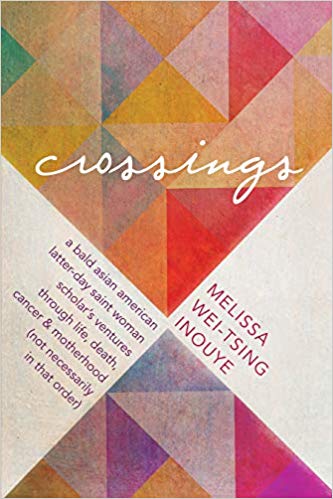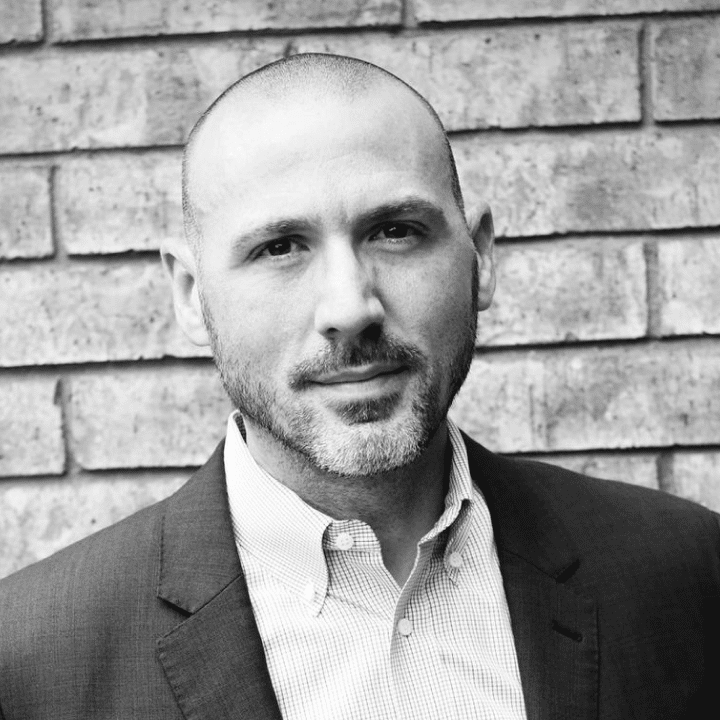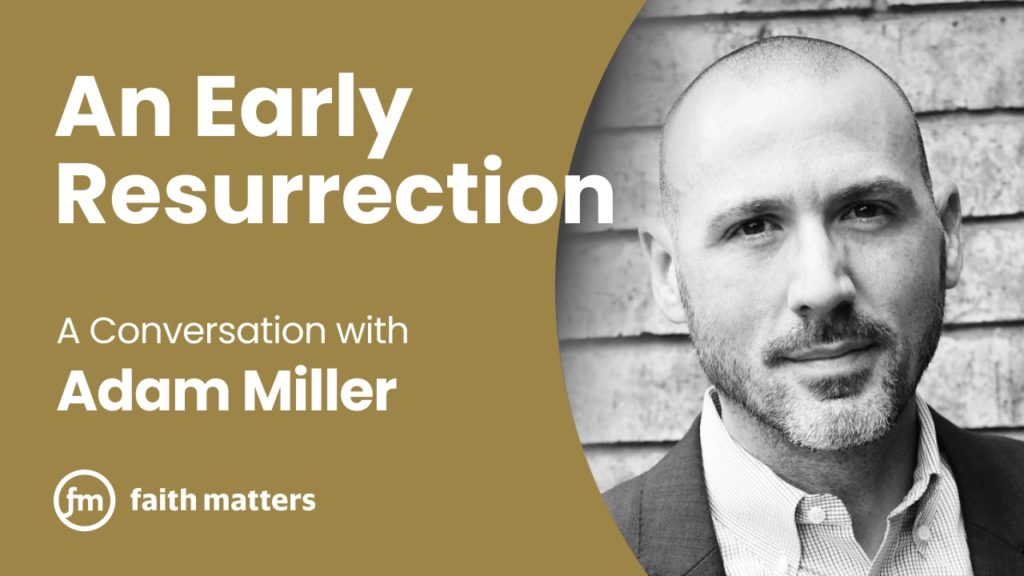
This is a painful and sensitive topic. It’s exhausting both for those who are going through a faith transition and those who feel stable in their faith. It can feel as if it’s not just your “beliefs” or “ideas” that are on trial, but who you are deep-down. For people on both sides, engaging in this conversation can feel like digging fence post holes with a dull shovel or going to the dentist for a root canal.
For the person stepping away from the church, it’s very difficult to have this conversation with someone on whose love and esteem you rely, when you feel that person doesn’t hear what you’re saying, or associates your position with moral indifference, misinformation or false consciousness.
Nearly all Latter-day Saints have family members and close friends who have experienced faith crises or faith transitions, particularly among young adults. Such shifts are often a source of tremendous pain. It can feel like bereavement, like divorce, like deep depression. It can feel like a traumatic car accident: sideswiped, spun around, rolled off a cliff.
For church members who are still all-in, it can be very uncomfortable to hear friends and loved ones speak of the pain and betrayal they feel. When friends and loved ones strongly criticize the Church, it can feel to me as if they are implying that I am a dupe, a stooge, an enabler of evil and malfeasance, a waster of time and treasure.
In spite of the thorny nature of these kinds of conversations, actively practicing church members must remember that every week we renew a sacred covenant to take Christ’s name, to bear one another’s burdens, and mourn with those that mourn. We can’t turn our backs on people we call sister and brother simply because their burden is heavy—even when, in their view, the church we love is that burden. (Church leaders have spoken powerfully on our obligation to help bear these burdens. A good sampling can be found on this page).
We have consecrated our time and talents to be builders in God’s kingdom. If bricks keep falling out of the walls of God’s house, as it were, the responsible thing for a builder to do is to try to understand why. Repeatedly scrounging up replacement bricks is not going to solve the long-term problem. Why do they keep coming loose?
How have we gotten to these places of pain?
Faith transitions come not just to those who don’t read their scriptures or forget to hold family prayer, but often to the most committed, returned-missionary, temple-endowed, scripture-reading Latter-day Saints. It’s a widespread phenomenon in the church in developed countries.
Scholar and writer Jana Riess published the results of a wide-ranging study of the issue in her recent book, which focuses especially on millennials. A recent spike in official church events on difficult history and doubt is also telling. In some areas, the number of people stepping away from the church nearly neutralizes gains through proselytizing and member births.
Common knee-jerk reactions might be, “That’s because Satan is working extra hard to destroy the rising generation,” or “That’s because there’s so much temptation in the world today,” or “That’s because there’s so much misinformation on the internet.” There may be some truth to all of these, but they do not express value for Latter-day Saints’ agency, nor do they accurately capture the primary reasons why many experience doubts or disaffection. Nor are they helpful responses to a family member or friend in such a situation.
David Ostler’s surveys have shown that a huge information gap exists between why local church leaders think that members are leaving or experiencing doubts and why those members are actually leaving or experiencing doubts.
Another common response is to deny there is a problem: “My kids are all 100% committed to the gospel” or “The youth in our ward aren’t expressing any of these concerns.” In socially pressured environments like the home or a ward youth program, young people often feel afraid to bring up doubts or things that bother them. When they leave home, get a job, start a family, and generally acquire more independence, many begin to confront these issues more seriously and seek their own path.
People are most likely to experience a crisis or transition of faith when there is a stark contrast between the black-and-white faith of their youth, and the more complex information and choices they now face as adults. Such jarring contrasts can make people feel as if they’ve been deceived, which deepens their distrust of the Church, its members, and—as Spencer Fluhman and Patrick Mason point out in this conversation—even the spiritual experiences that had formed the basis for their testimonies.
Hence, acknowledging issues that spur faith transitions, and working to create safe spaces at church to discuss them, is critical to establish trust and maturity that will help young people find their way within the restored gospel over the long haul.
When Members Lose Trust
A breakdown in trust is at the heart of most faith transitions. How do people lose trust in the Church, its leaders, its members, or its culture? There are many factors at play. (Check out the list of recommended resources below to see how the Church and others have identified and responded to these issues.)
It’s important to realize that when someone has experienced this loss of trust, it is usually unhelpful to try to reassure them using resources produced by the system they feel has betrayed them (e.g General Conference talks, seminary manuals, “Sunday-School-type” exhortations to “pray, read the scriptures, go to church,” etc.).
There are some important exceptions to this, however. In recent years, some essays, books, and online resources produced by the Church History Department have addressed some of the thorny issues that often trigger faith crises in a way that is not propaganda, but sound history.
In general, however, if someone’s trust in “the system” has been shattered, this entire realm of “official church discourse” is not as helpful in addressing pain and distrust as the realm of person-to-person relationships. A loving relationship is the bedrock of all trust.
You might ask: “If ‘official church-sourced articles, videos, etc.,’ are generally unhelpful, what do you use? Who else will argue for church-based positions?”
Please remember that you are an official member of the Church. The Church is you. Your position of love, respect, and inclusion is also a church-based position. How should members of Jesus Christ’s church respond to members of Jesus Christ’s fold?
How can we create networks that connect with people and support them?
When people become disillusioned with church, how do we maintain and rebuild relationships of trust? How do we support our friends and family who are grieving for their former certainty, friendships, sense of belonging, and worldview? How do we sustain our own faith while validating sincere concerns? When the history of a personal relationship has a heavy Church context, how do we create new contexts?
Notice that I am not asking, “How do we convince people to come back to church?” This question is many, many steps down the line, and frankly out of our hands. What I am asking is: How do we rebuild a culture of trust at church, and in relation to those who are no longer at church? It would be a terrible irony if, when one of our friends “rejects” the Church of Jesus Christ to which we belong, we respond with the sort of Pharisaical judgment, self-righteousness, and unkindness that Christ condemned.
With regard to friends and loved ones who have left the Church, we can say things like, “I love you, and this doesn’t change anything” or “I trust you and I respect you, and I would love to hear more about how you feel.” As Elder Ulisses Soares said recently in general conference, “Never reject or misjudge them. Just love them!”
When our sisters and brothers lose faith in the Church, we do not want them to lose faith in us. Many people who express doubts or become less active often report that they are shunned, treated as “a contagion,” or verbally attacked by their fellow church members. How can we reach out to show love and respect?
Beyond the covenants that we make to each other as Latter-day Saints, we cherish the powerful and unsettling belief that every single person “is a beloved spirit son or daughter of heavenly parents, and, as such, each has a divine nature and destiny.” If this is indeed true, then a person’s value should not change with the status of her activity or membership.
Both in the Church and in “the world,” this divine nature shines brightly within everyone we meet. Can this be enough as the basis for our relationships as we continue to share enriching perspectives, work together to lift burdens, and know the joy of human love?



